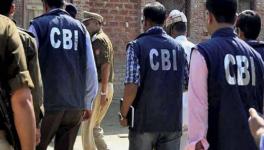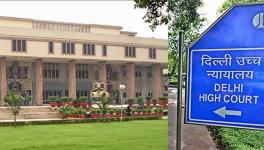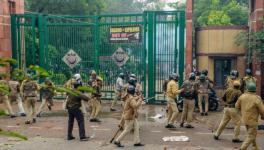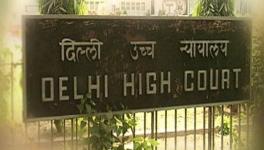Bail Can’t be Granted Under SC/ST Act Without Hearing Victim or Complainant: Delhi HC

New Delhi: In a significant ruling, the Delhi High Court recently ruled that bail cannot be granted without hearing the victim or complainant in cases registered under the Scheduled Caste and Scheduled Tribes (prevention of atrocities) Act, 1989.
In the case, X v State NCT of Delhi & Anr, Justice Navin Chawla said that “bail granted without issuing notice to the complainant is liable to be cancelled,’ according to Bar & Bench.
The Delhi HC was hearing a plea filed by a victim who challenged the trial court order granting bail to the accused in a case under Section 376 (rape), 354B (disrobing a woman in public), 506 (criminal intimidation) of the Indian Penal Code.
“Sections 3(1)(w)(i) (sexually touching woman of SC/ST community) and 3(2)(v) (disrespecting a person of SC/ST community who is held in high esteem) of SC & ST Act were also invoked against the accused,” the reports said.
The court said: "It is apparent that where there is an infraction of the mandate of sub-section (3) and (5) of Section 15A of the SC & ST Act, it cannot be cured by providing a hearing to the victim in a proceeding that arises subsequently, including one for cancellation of bail. Compliance with sub-section (3) and (5) of Section 15A of the SC & ST Act is mandatory in nature and the bail granted in contravention thereof is liable to be set aside only on that ground.”
The counsel for the victim had cited the judgment of the Supreme Court in Hariram Bhambhi v. Satyanarayan & Anr., and submitted that the accused “respondent no.2 has been granted bail without serving the notice of the bail application on the appellant and without giving her an opportunity of hearing and opposing the same,” the Impugned Order of the trial court was “liable to be set aside on this limited ground itself….”
After hearing out both the sides, the court held that since the victim was not heard out: “The application seeking bail filed by the respondent no.2 is restored back to the file of the learned Special Judge. The same shall be considered by the learned Special Judge after giving an opportunity of hearing to the appellant herein, who is the alleged victim.”
It added that the accused “shall not be taken into custody for a period of 15 days, subject to the orders passed by the special judge on the application of the accused”, said the Bar & Bench report.
Get the latest reports & analysis with people's perspective on Protests, movements & deep analytical videos, discussions of the current affairs in your Telegram app. Subscribe to NewsClick's Telegram channel & get Real-Time updates on stories, as they get published on our website.
























